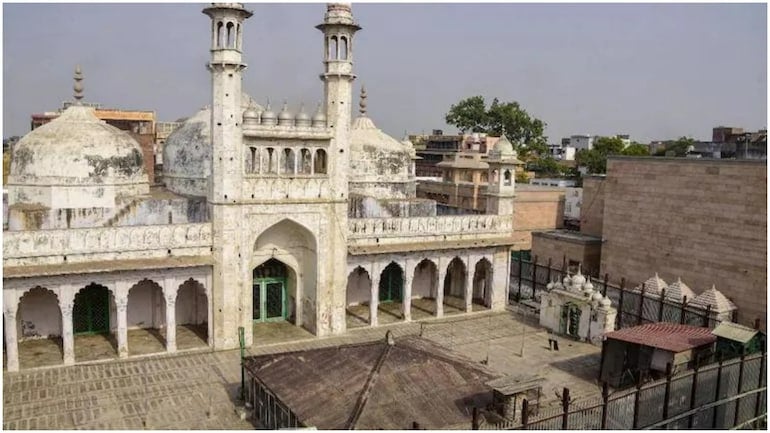Live Classes

Courts should be wary of giving a toehold to communal forces in religious disputes.
Hindu revanchism has found a way to use the legal route to record early success in its latest communal campaign. The district court in Varanasi has rejected objections to the maintainability of a suit filed by five Hindu devotees seeking the right of daily worship at a spot in the Gyanvapi mosque. Of particular significance is that the court ruled that the suit is not prohibited by the Places of Worship (Special Provisions) Act, 1991, which freezes the status of places of worship as it was on August 15, 1947 and bars suits that seek to change their character. On the fact of it, the ruling only paves the way for the suit to be heard and is in consonance with law. The plaintiffs have argued that the spot had the status of a Hindu temple on that day and ever since, and that the suit does not seek to convert a mosque into a temple; on the other hand, they are only demanding the right to worship deities in the complex. If limited to this assertion of a religious and customary right, the suit may indeed not be barred by the 1991 law. However, it is a matter of concern that the ruling is also grounded in other claims that appear to question the mosque’s status. For instance, the court says records produced by the Anjuman Intezamia Masjid Committee were not enough to show that the complex was Waqf property. This appears in concert with the Hindu side’s claim that Muslims were “encroachers”, an assertion that clearly makes it a dispute aimed at converting the property’s status.
Courts should be wary of underhand designs behind the legal facade that such litigation builds to gain a toehold right that can be incrementally expanded. The mere pendency of some kinds of religious disputes can contribute to the vitiation of peace and harmony. It is now clear that the enactment of a special law to freeze the status of places of worship and prohibit litigation over inter-religious disputes over their location has not stemmed the Hindu right-wing’s obsession with targeting mosques and stoking communal passions. It is no surprise that the latest efforts to raise civil and legal disputes involving the Gyanvapi Mosque in Varanasi and the Shahi Idgah Mosque in Mathura are being made in tandem with a campaign against the Places of Worship Act. Several petitions have been filed challenging its validity. That such a campaign goes on despite the experience of communal frenzy through the 1990s shows the unregenerate nature of majoritarian forces. The abominable destruction of the Babri Masjid in Ayodhya, the communal riots that took place in its aftermath, the serial bomb blasts in Mumbai, and the fundamentalist violence that the sequence of events spawned cannot be forgotten. It is unfortunate that an atmosphere has been created in which the political leadership can encourage divisive litigation and exploit the process, if not influence the outcome.
Paper - 2 (Governance)
Download pdf to Read More